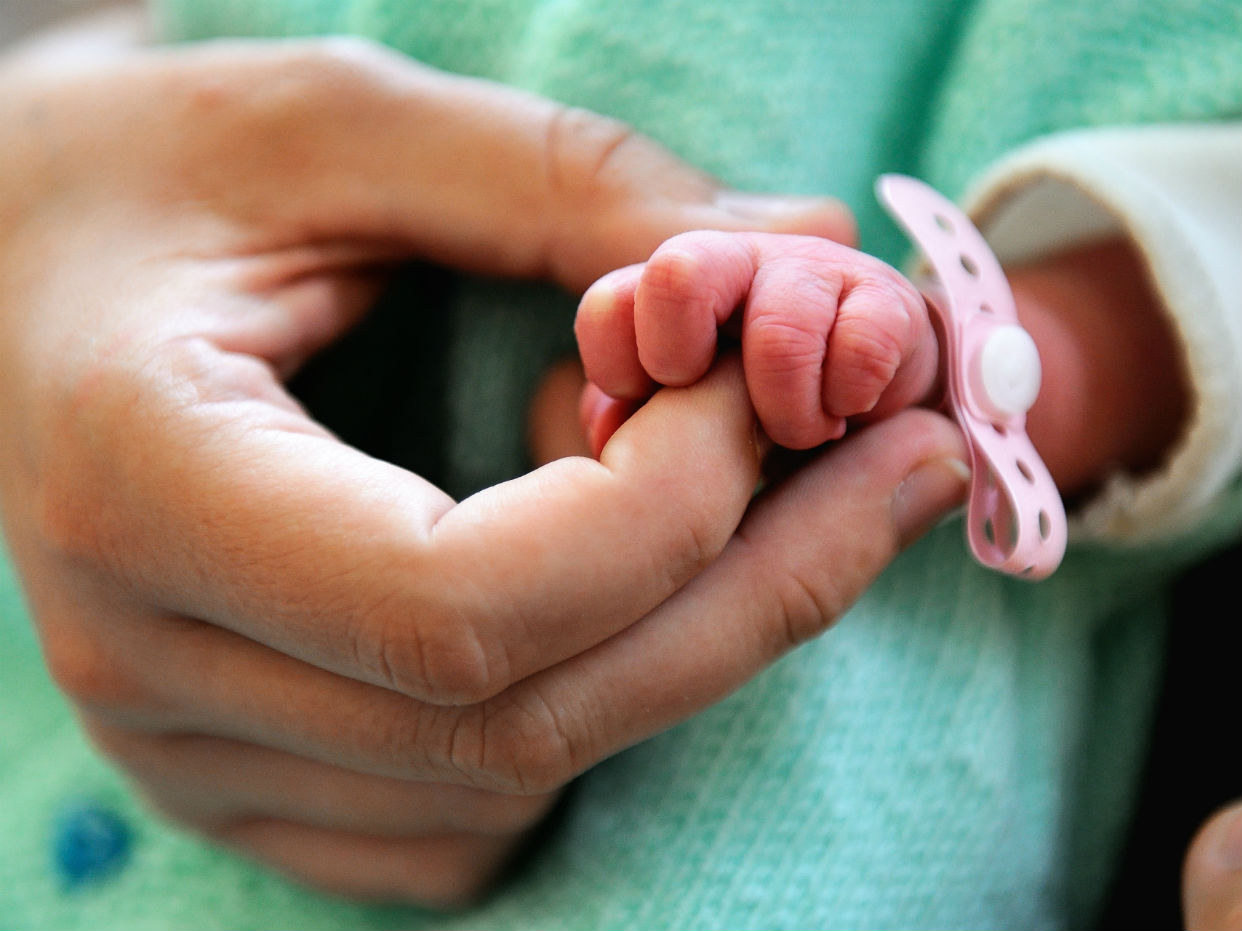New coroner powers proposed to investigate stillbirths
NHS aims to cut the number of stillbirths in half by 2025

A free daily email with the biggest news stories of the day – and the best features from TheWeek.com
You are now subscribed
Your newsletter sign-up was successful
The government is considering giving coroners in England and Wales the power to investigate the deaths of stillborn babies so that each case is independently assessed.
Despite rates decreasing, nine babies are stillborn a day in the UK. In many cases, doctors are unable to tell parents the cause of the death.
A consultation has been launched on the government’s proposals, which would change the current system where coroners can only hold inquests for babies who showed signs of life after being born, reports Sky News.
The Week
Escape your echo chamber. Get the facts behind the news, plus analysis from multiple perspectives.

Sign up for The Week's Free Newsletters
From our morning news briefing to a weekly Good News Newsletter, get the best of The Week delivered directly to your inbox.
From our morning news briefing to a weekly Good News Newsletter, get the best of The Week delivered directly to your inbox.
The changes would apply to stillbirths that take place 37 weeks into pregnancy. The hope is that the new practice would give families answers and help prevent future deaths.
Health Minister Jackie Doyle-Price said that while stillbirth rates in England were at their lowest on record, the NHS wants to accelerate the decline and see the current number halved by 2025.
“We want to do everything we can to make pregnancy safer, by continually learning to improve the care on offer so fewer people have to experience the terrible tragedy of losing a child and those who do get the answers and support they deserve,” she said.
According to the BBC, investigations into stillborn cases are currently carried out by the hospital treating the mother. Some instances then receive a follow up by a safety investigation body funded by the Department of Health and Social Care.
A free daily email with the biggest news stories of the day – and the best features from TheWeek.com
“While many parents are satisfied with existing processes, some have raised concerns about the inconsistency of investigations, and have called for a more transparent and independent system,” the BBC reports.
In addition to the current NHS protocol, the proposed system would mean coroners wouldn’t need the consent of a third party for an investigation to take place. This would help them consider the broader lessons that might be learnt from each case.
The Ministry of Justice and the Department of Health and Social Care will carry out a joint consultation. Decisions will be made based on the views of health professionals, affected parents and the organisations that support them.
Justice Minister Edward Argar did not discredit the current system but said it could and should go further.
“The use of coroners to investigate them in an open and transparent way would not only help bring closure to families who have suffered this tragedy, but would also help us to learn lessons for the future to help further reduce the number of stillbirths,” he said.
The consultation will run for 12 weeks and close on 18 June.